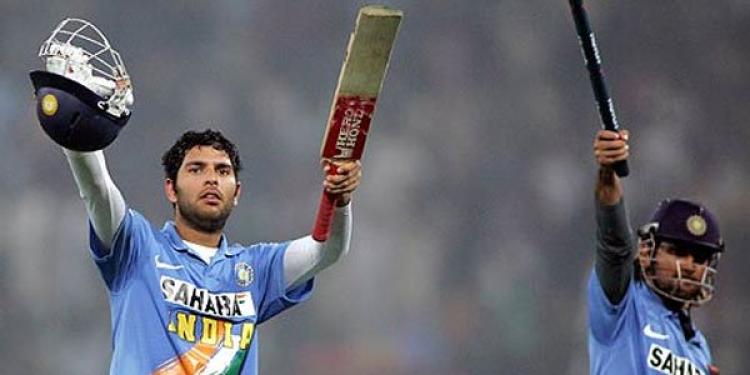How to Eradicate Match-fixing in Indian Cricket
Posted: February 11, 2014
Updated: October 4, 2017

Special report by the Supreme Court appointed panel has confirmed widespread match-fixing problem in Indian cricket.
The chairman of the special Indian cricket panel says match-fixing and illegal betting on cricket in contradiction with Indian gambling laws cannot be totally eradicated right now. The only option that seems viable is reducing these illegal activities.
Indian Supreme Court has appointed a special panel to oversee cricket in the country. Justice Mukul Mudgal, a retired Chief Justice of Punjab and Haryana High Court, has been appointed chairman of the panel. The new chairman has already opined that the sport’s icons must educate young cricketers on the risks and negative effects of match fixing and illegal betting.
He was quoted in Indian gambling news: “These things can’t be stopped completely, be it betting, spot-fixing or match fixing. We hope our committee report will have an impact in reducing the malaise. I am also a cricket fan, I follow the game closely. It pains me such ills have steeped into what is considered to be a ‘gentleman’s game’. We did our best.”
Special report on the state of cricket in India
Match-fixing in Indian cricket
• Supreme Court has appointed a special panel to deal with the problem
• The committee has found a number of illegal activities contrary to Indian gambling laws
• One of the suggested solutions is the educational help from senior cricketers
The first task of the new panel was to investigate the game of cricket and what surrounds it in the country. The report came out rather grim, confirming fears of widespread match-fixing and dubious betting at land-based and online sportsbooks in India.
Mukul Mudgal shared with the press that chairing the new committee provided him with a unique opportunity to get a better insight into the dealing of Indian cricket. He said: “I learnt a lot about the game. I met cricketers, sports administrators, sports journalists, former cricketers, team owners, police and anti-corruption unit officials over a period of four months. They all gave us their viewpoint on what can be done to clean up the sport.”
Steps to tackle match-fixing
One of the best ways to diminish the amount of cricket match-fixing in the country is putting faith into senior players. Sachin Tendulkar, Anil Kumle, Rahul Dravid and other renowned Indian cricketers must step in to take the lead in educating young players. According to the former judge this is currently the best way to prevent youngsters from spreading the match-fixing disease.
Justice Mudgal said: “They must counsel upcoming, budding cricketers. They must teach them the value of patience and hard work so that the youngsters don’t stray.” Educating young cricket players on the importance of upkeeping the right values instead of illegal ways to bet on sports in India, is one of the top priorities.
What’s to become of Gurunath Meiyappan
Reporters have also asked Justice Mudgal about his opinion on the tapes containing Gurunath Meiyappan’s voice, allegedly revealing his participation in match-fixing. Mudgal shared his view that Meiyappan was already asked to appear before the committee in order to explain the tapes. “Meiyappan chose to exercise his right to remain silent, citing the ongoing criminal proceedings against him. He was requested to appear but he declined,” he said.
Proposed law amendment to tackle match-fixing
Justice Mudgal has also come up with a draft Sporting Fraud Bill. He’s advocating its enactment suggesting the law amendment will act as a deterrent of match-fixing problems. Mukul Mudgal said: “Right now there is only recommendation against a player or a team and they can be let off with a fine. The tendency is to accept an adverse finding and fine the person. But the bill provides for a six-month jail term for those found indulging in match fixing or spot-fixing. This will act as a big deterrent against such acts.”
Speaking again about the latest cricket report, Mudgal was sure that after the report has been presented before the Supreme Court, both parties will have to give their views and comments to be argued before the apex court. Justice Mudgal said: “We did our job of placing facts before the Supreme Court. Now it is up to Supreme Court to take a call on our report.”












